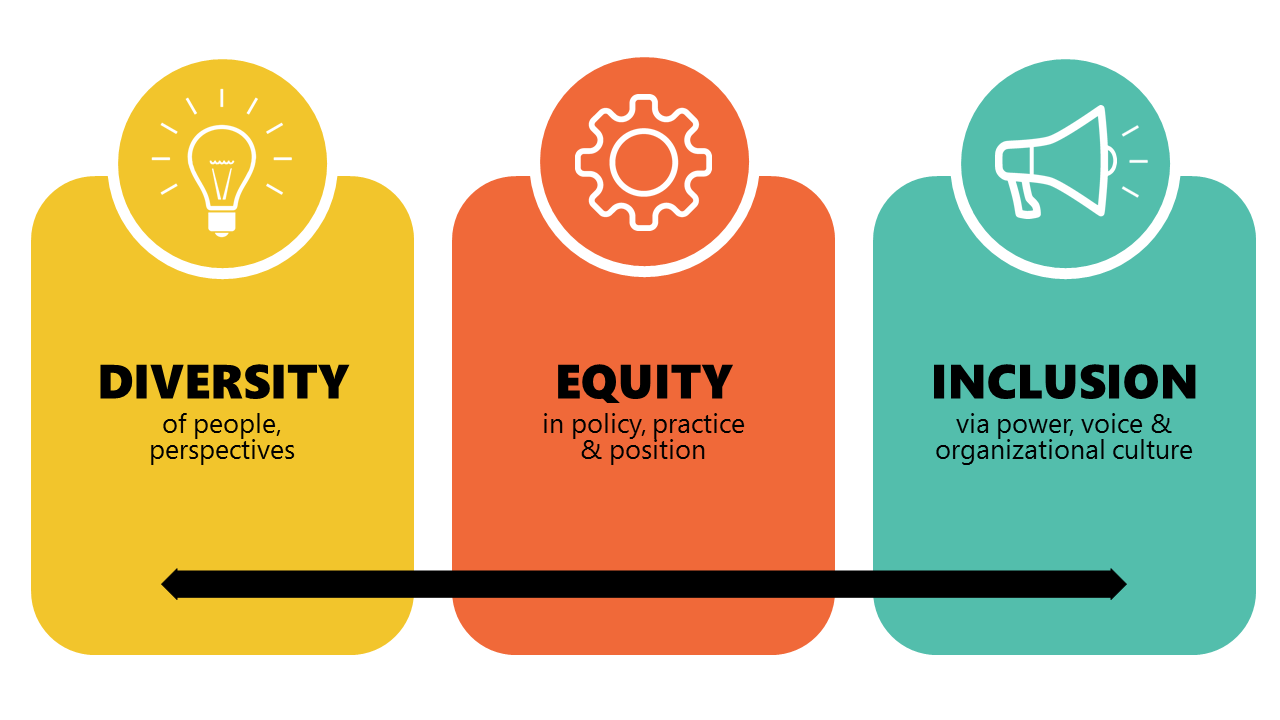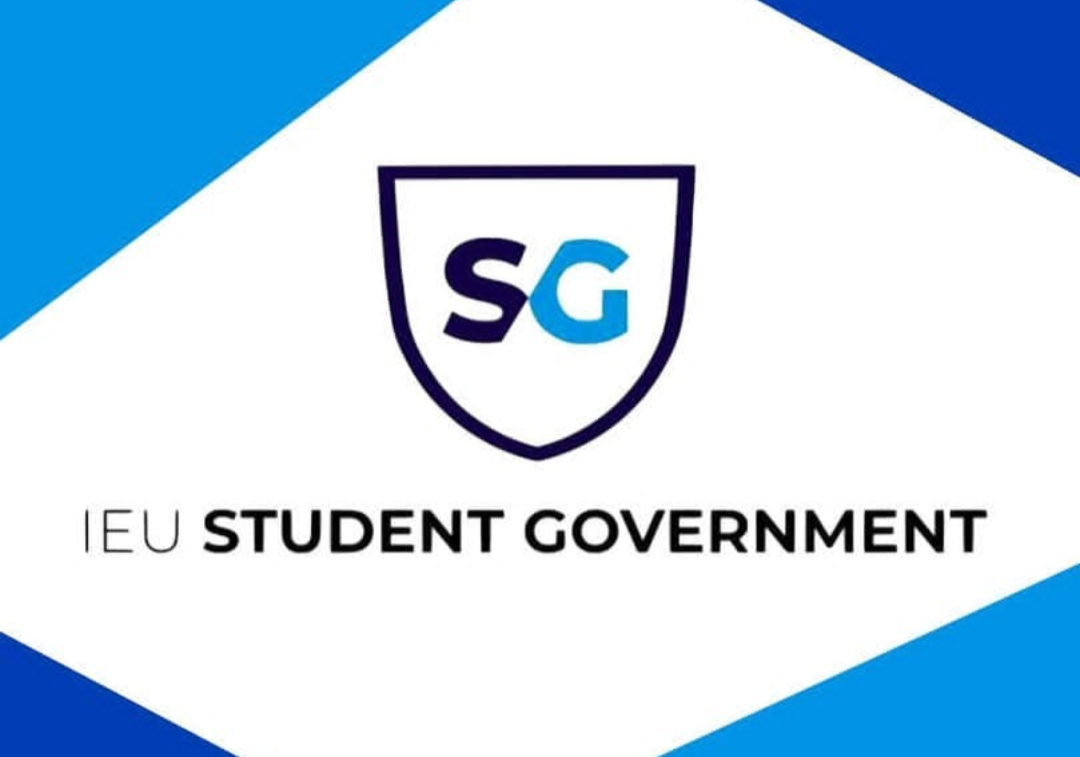SAN DIEGO — Thursday, June 18 faculty members Borja Santos, Juliana Pereira, Marie Gedeon, and Susana Malcorra met with myself, student government Academics Officer Cloe Attieh, and five IE students to discuss the issues that students of color face at our university and necessary policy amendments. Key points of the meeting included IE’s vague discrimination policy, diversity in curricula, support for students of color, as well as conscientization of the student body and faculty.
Through Zoom, as usual, we met with Richelle Mather, a law student from India, Farah Zakri, a BIR student from Malaysia, Sanae Kiunsi, a BIR student from Tanzania, Gabrielle Isa, BBA/BIR from Nigeria, and Cynthia Turbides, BIR student from the Dominican Republic. The group was quickly formed following your typical WhatsApp PSA.
Each woman was ready to seize this opportunity and point out the biggest elephant in the great, big room that is IE: are we really that diverse? What’s more, does that even matter if we don’t know how to handle ourselves in the midst of diversity?
Two weeks ago, Santos approached The Stork in order that a meeting may be set to open up a line of dialogue for the issues of racism and/or “color-blindness”.
Isa, Kiunsi, Mather, Turbides, and Zakri drafted a report and prepared a visual presentation with the previous five key points.
Firstly they established that the language and oversight of IE’s discrimination policy is considered ‘vague’ and often insufficient for the matters at hand. Most students who experienced racism or other forms of discrimination had no straightforward answer as to how to report the incidents. A student who brought harassment claims to the Ethics Committee reported unresponsiveness and ‘very faulty procedure’.
Turbides expressed a ‘lack of information and vagueness’, as well as ‘no racial representation’ during an Ethics Committee hearing she attended after reporting racist harassment to the university. “There was also no member of the counseling department present” during a hearing that handled such sensitive matters, which she noted is lacking for students who are already under distress after such experiences.
Turbides signaled the disparity between how the university handles different transgressions. “Right now we know clearly what are the procedures when it comes to cases of plagiarism,” and cited how the same procedures for academic integrity cases are implemented during racial discrimination cases. Handling the two types of cases as if they were similar circumstances leaves much to be desired from the university, and may well create institutional gaps within IE’s disciplinary measures.

Isa noted that students who experience microaggressions (e.g. jokes, insensitive or ignorant comments) or altercations that do not fall under the more severe categories outlined by the Code of Ethics or who do not want to involve the Ethics Committee do not have an accessible path to report the incident to keep on record in case of escalation.
She added that these seemingly ‘minor’ cases involving professors could be even more complicated. “There have been small things that I wish that I could’ve addressed at that point in time,” Isa said, noting the lack of resources to ‘comfortably and safely’ raise concerns over small but hurtful incidents.
Zakri then illustrated how the diversity within IE’s faculty and student body is not reflected in the students’ study plans. “Individual students […] are expected to bring up examples or perspectives despite not having the adequate information,” she said, citing that if students do not have an opinion or sufficient information regarding their region and/or race, topics outside of a euro-centric worldview end up easily dismissed.
Lack of time, information, or training are often cited as reasons for not covering regions or perspectives outside Europe and North America. To Zakri, these are largely unfounded, as many topics are covered over several semesters, and literature about non-Western perspectives is not inaccessible.
Mather noted that it is ‘unrealistic’ to expect non-POC faculty to be equipped to manage discussions regarding racism and/or non-european topics, regardless of their level of expertise on their specialty. “We need to be able to expect, as students of color, that our issues are going to be handled in a respectful way,” Mather said, and proposed that faculty receive sensitization training to handle such matters.
Finally, Kiunsi spoke about the tangible lack of ‘safe spaces’ for students of color in the university, “we all presume [an international environment] to be some sort of a shield against discrimination or racism”. She recalled an experience in which a peer at the university had suffered racist verbal attacks and did not know where to go so that she may safely express her worries, as well as be removed from the situation.
In light of the movement that sparked following the death of George Floyd, Kiunsi expressed that “now we realize […] all these issues we keep on brushing away are just providing ammunition for such attacks to continue”. They implored the university to have safe spaces and ‘established offices’ in which students could speak about issues of race and discrimination.
IE does currently have a ‘diversity office’, established to deal with racial issues, but Kiunsi noted that students often do not know it exists, nor how to access it. Students often feel out of touch or disconnected from these resources. A clear process, she stated, is essential “so that we feel that we have a university that has our backs outside our own racial ‘black’ circles, or ‘asian’ circles”.
More than anything, Kiunsi pointed out, IE lacks sufficient racial awareness, “we have this ‘color-blind’ mentality at IE that just because we identify diversity in terms of nationalities, we do not have racial issues, which is false”.

Isa noted the lack of any mandatory ‘cultural sensitivity workshop’ in which students are briefed on rules of common respect within an international environment such as IE University. This, she says, is “really reflected in the level of comfort some students have in class” when talking about POC, and becomes part of a university environment in which students do not expect the university to hold them accountable for racist or insensitive behavior.
Kiunsi reiterated the need for classes and modules that teach students about racism and proper conduct, “many people understand racism and discrimination as it was a hundred years ago, as it was fifty years ago, or in the United States, but they do not understand” facets of modern-day racism around the world.
Malcorra responded enthusiastically to the presentation, stating that “this [meeting] is the first of a process”. Further on, she spoke about her role as the dean of the School of Global and Public Affairs, and future plans to expand the BIR curriculum to include more cultural diversity.
She stated she would take the visual presentation directly to management in order that they may consider the necessary changes “in a systematic way”. She expressed a ‘commission and a commitment to move forward’. Who exactly is included in ‘management’ remained unclear.
Albeit, the present faculty members listened intently and responded positively to all the proposals. For now, they established that students should expect follow-up communications regarding the presentation and the proposals such as the modules, safe spaces, and sensitization training. Furthermore, they reiterated the importance of expanding transparency and accessibility within IE’s responses to racial claims.
Santos and Malcorra assured that they would proceed internally with higher management in the university. Additionally, they said they would get back to us with established strategies as well as further plans for a larger meeting that could possibly involve more faculty members as well as a larger group of students who represented more degrees, as well as the graduate chapters.







[…] a group of students discussed these issues with IE faculty and staff as described in the article: Improving Race Relations at […]
[…] ethics, diversity, and inclusion. Since our meeting with herself and other faculty members back in June, the dean brings many […]